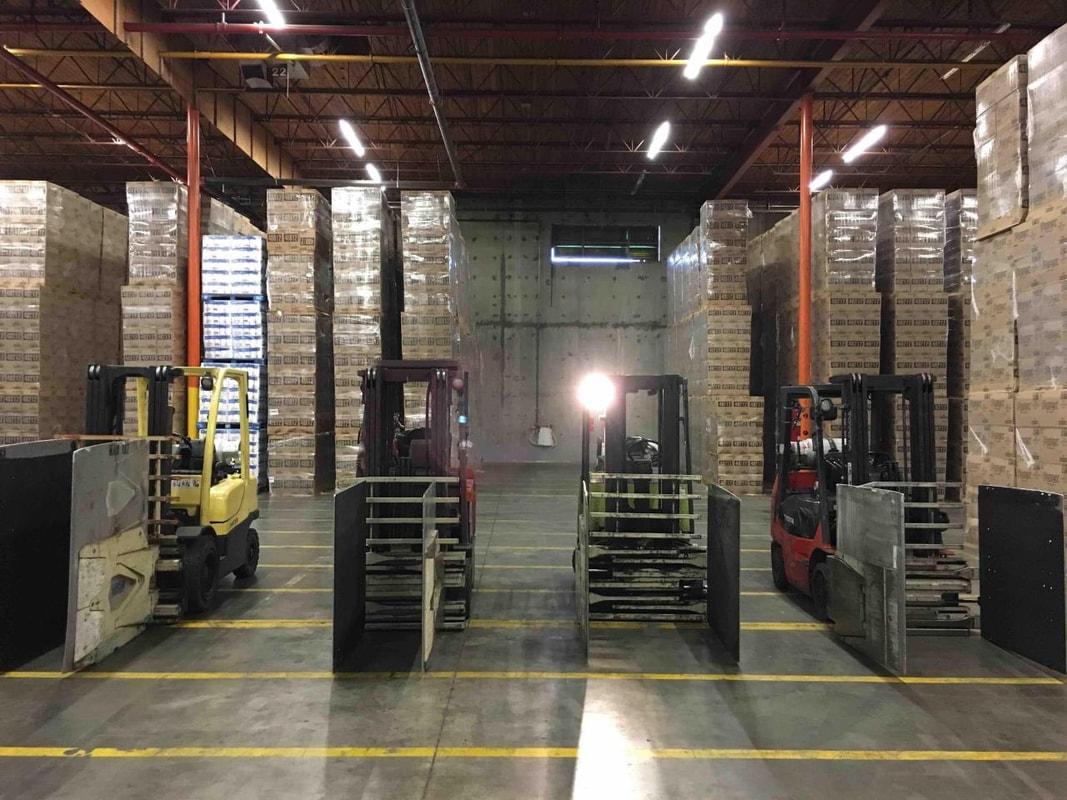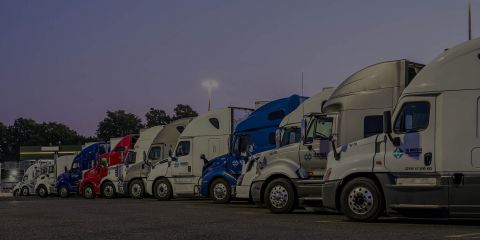2020
Nature Disaster (Pandemic) And Its Effect on Supply Chain

Nothing of a natural disaster or the pandemic of the century can be foreshadowed by any industry, let alone the aftermath of its cause. In 2020, supply chains involving transportation, trucking and logistics have faced the biggest challenge that no guidebooks have the answer to decipher.
The supply chains in Vancouver, British Columbia are heavily depending on the USA logistics industry. The impact is inevitable. Without a proper risk management, all companies certainly have been hit hard when pandemic occurs in 2020. With the boarder closing and extreme safety protocol taking place, the operation has been challenging more than the times facing natural disasters.
City lockdowns have been in place, ordered by governments. Therefore, a wide range of risks are present instantly such as:
- IT service interruption causes the TMS and WMS to be not up to date or accurate. Fewer maintenances workers are scheduled to be onsite for trouble shooting. Especially nowadays, internet connects every program, IT issues are prone to cause the data to be inaccurate and delayed.
- Supply shortage due to lack of labour is one of the biggest challenges the businesses facing during pandemic. Safety protocol disallowed a certain amount of people in disclosed area. Also the level of safety protection has led to more doubt of its safety concern.
- Import costs skyrocket which are caused to local materials and labour on the rise. Due to sudden interruption of import/export, materials shipped from outside country have paused hence the market creates low supply and high demand. According to the factories in China, the overall costs of consumer products have risen 30% caused by pandemic.
The effects are unfortunately unavoidable during the unprecedented times, and the supply chains are prognosticating financial threats. Luckily, with the strong economy posed in Vancouver, British Columbia, it can somehow be the opposite way. is fortuitous enough to offer our continuous services on logistics, trucking, warehousing and copacking during these impacts.
